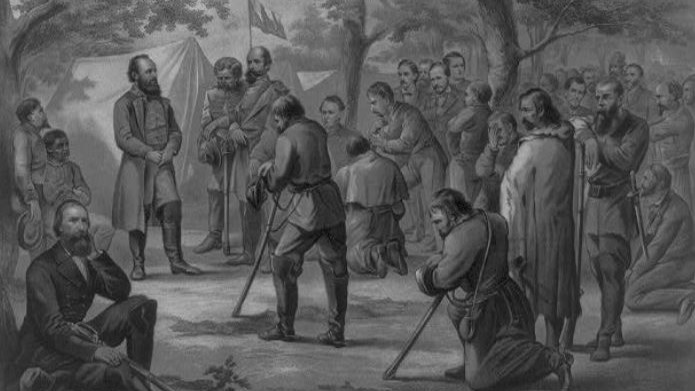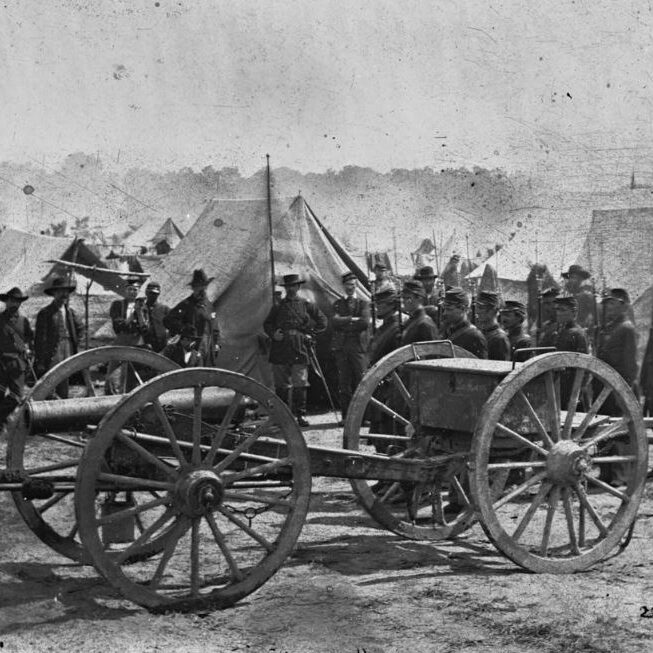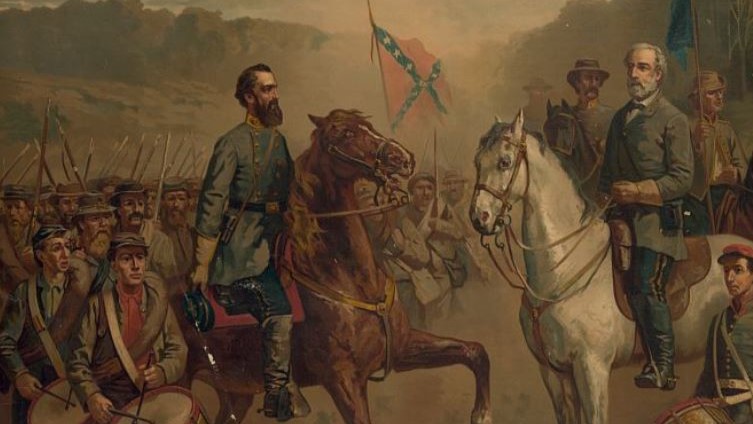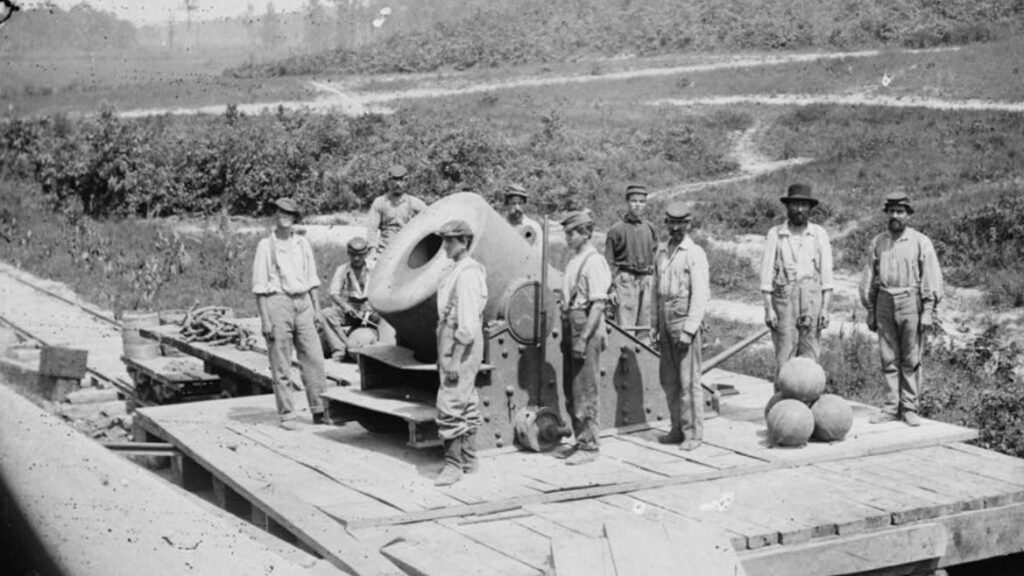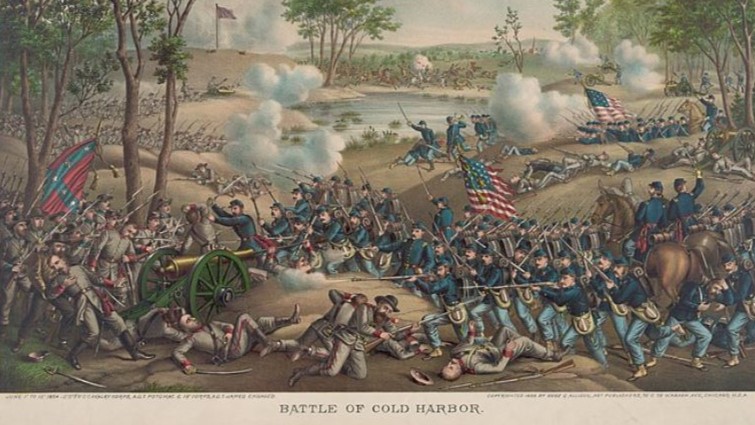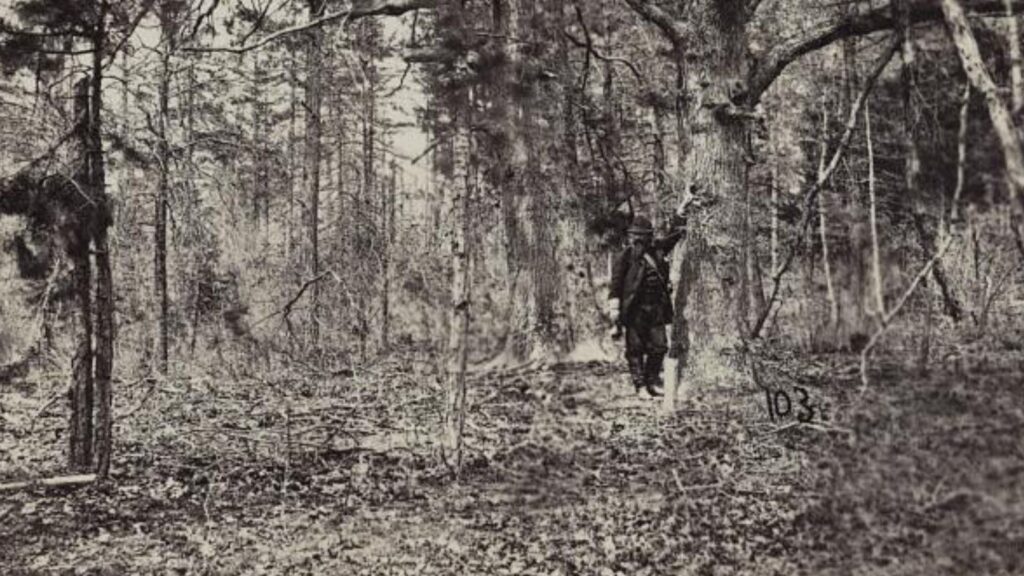The American Civil War was a pivotal moment in U.S. history, and many historians have speculated about how different events could have altered its course. One such event is the death of Confederate General Thomas “Stonewall Jackson”.
Stonewall Jackson, known for his tactical brilliance and inspirational leadership, died in May 1863 after being accidentally shot by his own men.
This blog explores how the Civil War might have unfolded differently if Stonewall Jackson had survived.
1. Stonewall Jackson’s Potential Impact on Key Battles
The Battle of Gettysburg
One of the most significant battles of the Civil War was the Battle of Gettysburg, fought from July 1 to July 3, 1863.
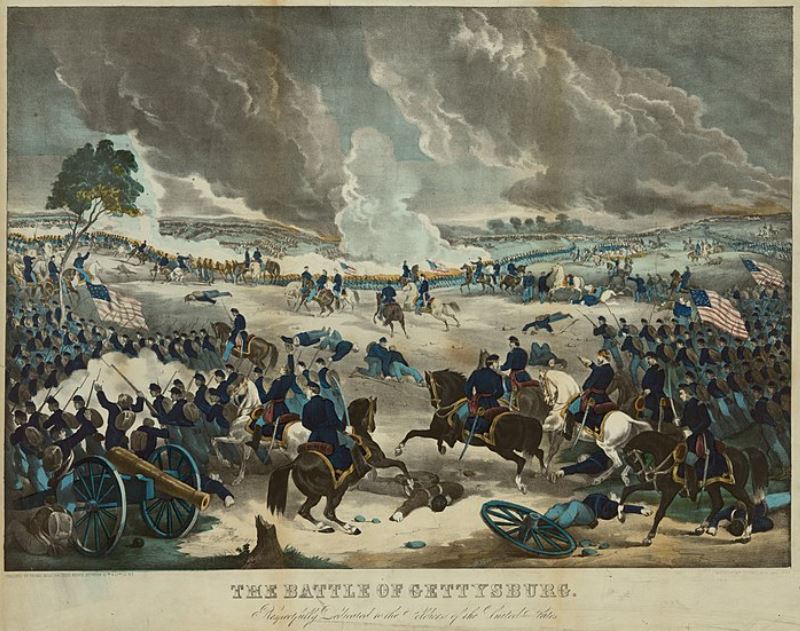
Stonewall Jackson’s absence was keenly felt during this crucial conflict. General Robert E. Lee’s Army of Northern Virginia lacked the aggressive and decisive maneuvers that Jackson was known for.
Enhanced Confederate reconnaissance: Stonewall Jackson was known for his excellent scouting and intelligence gathering. His presence might have led to better information about Union positions and movements, potentially giving Lee a strategic advantage.
More aggressive flanking maneuvers: Stonewall Jackson was famous for his bold flanking attacks. He might have advocated for and executed a more aggressive flanking movement against the Union left or right, possibly changing the battle’s dynamics.
Improved coordination of attacks: The Confederate attacks at Gettysburg were often uncoordinated. For instance, Stonewall Jackson might have supported General Richard S. Ewell more effectively, possibly securing key positions such as Culp’s Hill or Cemetery Hill on the first day of the battle. Stonewall Jackson’s presence could have led to better synchronization, particularly on July 2nd when attacks on the Union left and right flanks were not simultaneous.
Alternative to Pickett’s Charge: Stonewall Jackson might have proposed a different strategy for July 3rd instead of the frontal assault known as Pickett’s Charge. He could have suggested a flanking movement or a defensive stance to draw the Union army into attacking.
Better use of cavalry: Jackson might have utilized J.E.B. Stuart’s cavalry more effectively, potentially preventing them from being absent during crucial early stages of the battle.
Possible earlier engagement: If Jackson had been with the army on July 1st, he might have pushed for a full-scale attack earlier, potentially before the Union army was fully consolidated.
Psychological impact: Jackson’s mere presence could have boosted Confederate morale while potentially intimidating Union forces, given his reputation.
While Stonewall Jackson’s presence at Gettysburg could have significantly impacted the battle, it’s overly simplistic to conclude that his involvement alone would have guaranteed a Confederate victory. But it might have done !!
The Overland Campaign
The Overland Campaign in 1864, led by Union General Ulysses S. Grant, aimed to wear down Lee’s army through continuous and aggressive engagements. Stonewall Jackson’s survival could have significantly influenced this campaign.
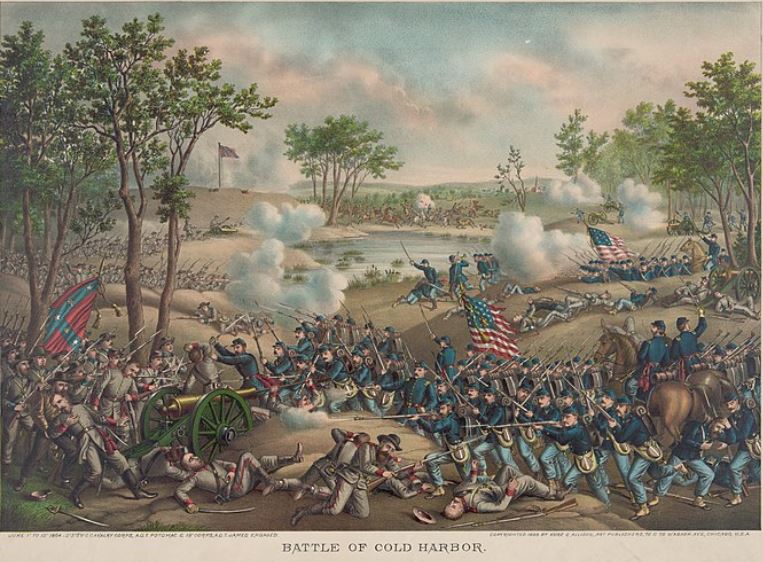
Exploring how Stonewall Jackson could have influenced the Overland Campaign is an interesting counterfactual, as the campaign occurred in 1864, a year after Jackson’s actual death in 1863.
For this hypothetical scenario, we’ll assume Jackson survived his wounds at Chancellorsville and remained an active commander. Here’s how he might have impacted the Overland Campaign:
- Tactical Innovations: Jackson was known for his aggressive and unconventional tactics. He might have devised innovative ways to counter Grant’s relentless advance, possibly employing rapid movements to strike at Union flanks or supply lines.
- Wilderness Battle: In the Battle of the Wilderness, Stonewall Jackson’s expertise in woodland fighting could have been crucial. He might have used the difficult terrain more effectively to ambush or outmaneuver Union forces.
- Spotsylvania Court House: Stonewall Jackson’s presence could have bolstered the Confederate defense at the “Bloody Angle.” His ability to anticipate enemy movements might have helped prevent or mitigate the Union breakthrough.
- North Anna River: Stonewall Jackson was skilled at using rivers to his advantage. He might have turned Lee’s defensive “inverted V” formation into a more aggressive trap for Grant’s forces.
- Cold Harbor: Stonewall Jackson’s defensive acumen could have made the already strong Confederate positions even more formidable, potentially inflicting even heavier casualties on Union forces.
- Petersburg: If the campaign reached this point, Stonewall Jackson’s experience with siege warfare from the Valley Campaign might have been valuable in organizing Petersburg’s defenses.
- Overall Strategy: Stonewall Jackson might have advocated for more offensive actions to disrupt Grant’s plans, possibly even attempting to threaten Washington D.C. to draw Union forces away.
- Coordination with Lee: The Lee-Jackson partnership, had it continued, might have provided more balanced decision-making, combining Lee’s strategic vision with Jackson’s tactical aggression.
While Jackson’s presence might have prolonged the defense of Petersburg and Richmond, it’s unlikely that he alone could have prevented their eventual fall. The broader strategic and logistical realities of the war in 1864-65 were stacked heavily against the Confederacy.
3. Strengthening the Confederate Command Structure
General Lee and Stonewall Jackson had a remarkably effective working relationship, with Lee often relying on Jackson’s judgment and boldness. Jackson’s survival would have preserved this dynamic duo, enhancing Confederate command decisions and battlefield coordination.
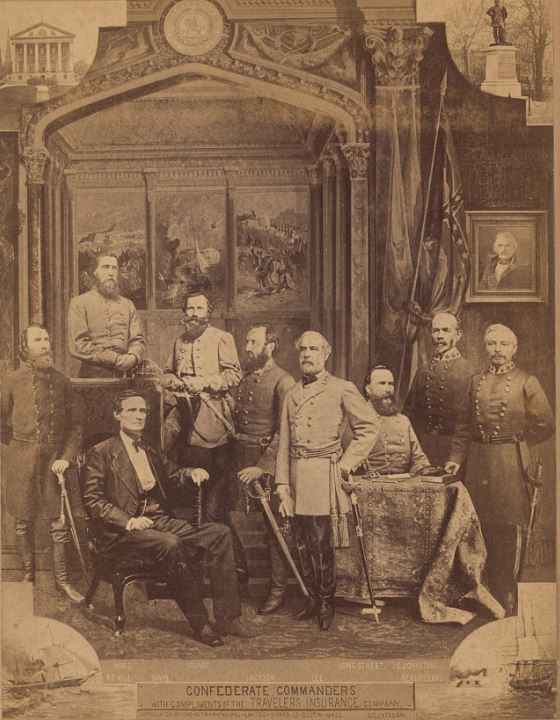
Their complementary styles—Lee’s strategic oversight and Jackson’s tactical brilliance—could have led to more cohesive and effective military operations. This synergy might have resulted in fewer Confederate losses and more significant victories. The preservation of this partnership would have been crucial during the later stages of the war when the Confederacy faced increasing pressure from Union forces.
Stonewall Jackson was not only a brilliant tactician but also a leader who inspired tremendous loyalty and dedication from his men.
His survival would have likely sustained higher morale among Confederate troops. Soldiers who respected and trusted their leaders were more willing to endure the hardships of war and fight with greater determination.
4. Prolonging the Civil War
Stonewall Jackson’s strategic and tactical skills might have delayed key Union victories, prolonging the Civil War.
His effectiveness in defensive operations and counterattacks could have stymied Union advances, forcing the North to commit more resources and time to achieve their objectives.
By prolonging the war, Stonewall Jackson could have created indirectly opportunities for diplomatic solutions or foreign intervention.
If the Confederacy had managed to secure significant victories or maintain a prolonged stalemate, it might have increased pressure on the Union to negotiate peace terms. European powers, particularly Britain and France, might have considered recognizing the Confederacy if it appeared capable of sustained success.
Impact on Lincoln’s Re-Election
The length and perceived progress of the war significantly influenced public opinion in the North.
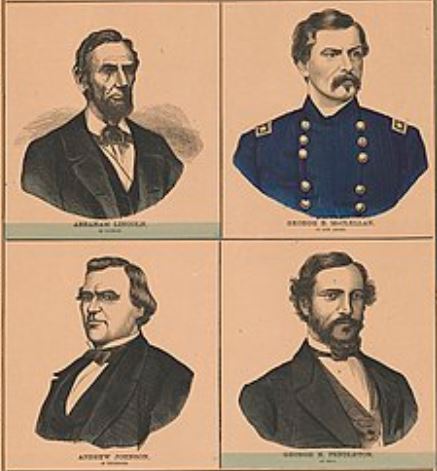
Stonewall Jackson’s continued success on the battlefield could have affected President Abraham Lincoln’s chances for re-election in 1864.
A prolonged and costly war with no clear end in sight might have swayed voters to elect a president more inclined toward peace negotiations, such as Democratic candidate George McClellan.
Lincoln’s re-election was a critical factor in the Union’s determination to see the war through to a successful conclusion. A different outcome in the 1864 election could have drastically changed the Union’s war policies and strategies, potentially leading to a negotiated settlement that recognized the Confederacy’s independence.
5. Legacy and Historical Perception
Stonewall Jackson’s survival would have also impacted his legacy and historical perception.
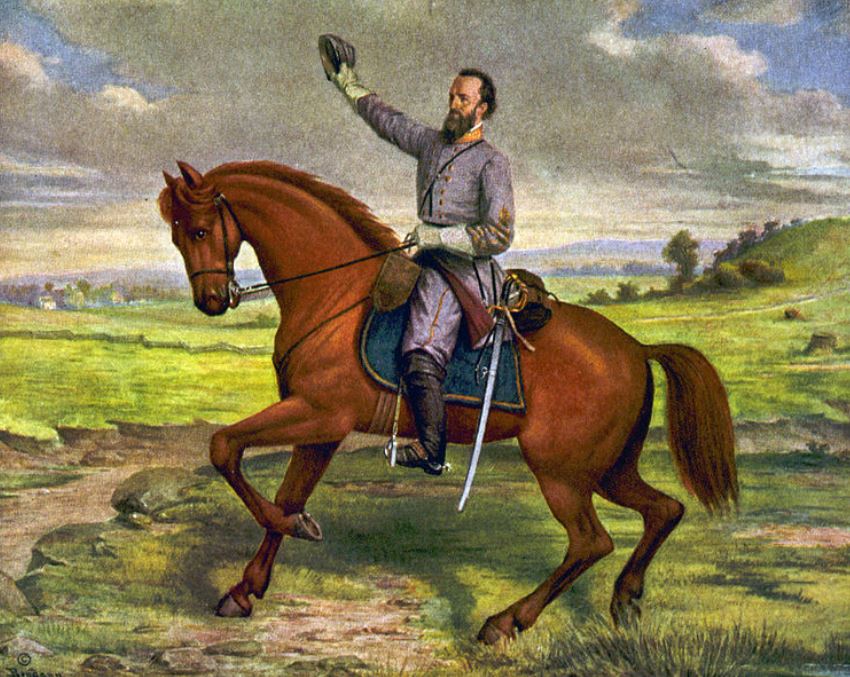
As a Confederate hero who lived through the war, his actions and decisions would have continued to influence Southern culture and memory.
He might have written memoirs or taken part in the post-war political landscape, providing a first-hand account of the Confederacy’s experiences and perspectives.
His enduring presence in Southern society could have reinforced the Lost Cause narrative, which romanticized the Confederate struggle and downplayed the centrality of slavery.
6. Fina Thoughts: What if Stonewall Jackson Survived?
The survival of Stonewall Jackson could have significantly altered the course of the Civil War and its aftermath.
His strategic brilliance, leadership qualities, and ability to inspire his men would have been invaluable assets to the Confederate cause. Jackson’s presence might have led to key victories, prolonged the conflict, and influenced the political landscape of the post-war South.
While it is impossible to know exactly how events would have unfolded, contemplating these possibilities underscores the profound impact that individual leaders can have on history.
Further Reading
If you enjoyed this article about What if Stonewall Jackson Survived?. You may be interested to read more about the Civil War battles in Virginia, Maryland and North Carolina or more general American history. Here are some specific American Civil War articles:
- Why Was Stonewall Jackson So Well Liked and Beloved?
- Was General George G. Meade a Good General?
- What was the Significance of the Army of the Potomac?
- Why Did General Robert E. Lee Join the South in the Civil War?
- Did the Confederacy have the Legal Right to Secede from the Union?
- Was General Sherman’s March to the Sea Justified?
- Was McClellan’s Peninsula Campaign a Risky Gamble?
You may also enjoy these articles about the American Civil War:

